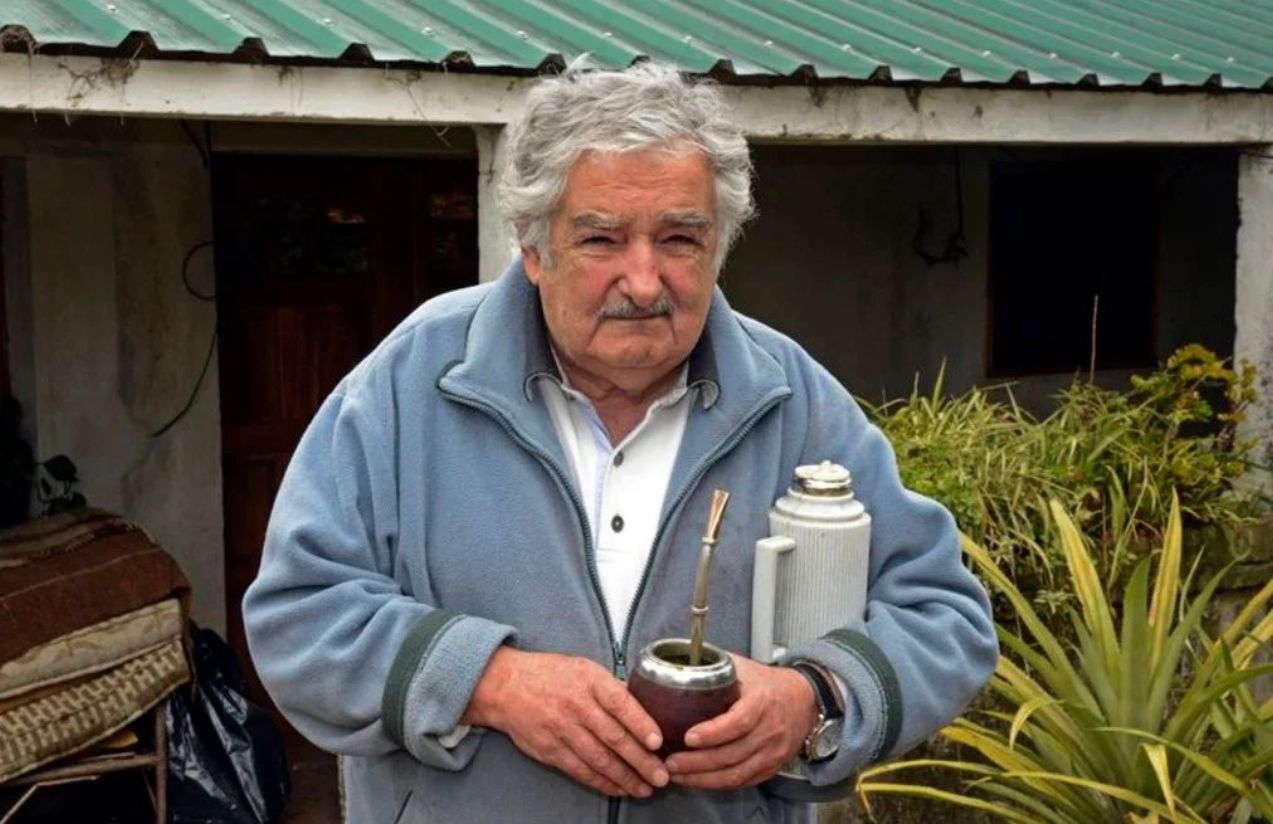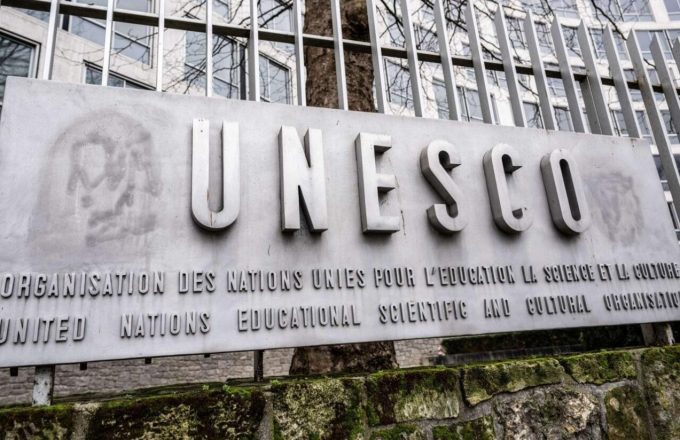José “Pepe” Mujica, former president of Uruguay and an emblematic figure of the Latin American left, passed away this Tuesday at his farm in Rincón del Cerro, on the outskirts of Montevideo. He was 89 years old and had been battling esophageal cancer since April 2024, a condition he publicly announced in an emotional press conference. In early 2025, he revealed that the cancer had metastasized and delivered a farewell message: “This is as far as I go,” he said, asking to be left in peace during his final days.
The news of his death was confirmed by Uruguayan President Yamandú Orsi, who paid tribute with heartfelt words: “President, militant, role model, and leader. We’ll miss you dearly, dear old man. Thank you for everything you gave us and for your deep love for your people.”
Despite his declining health, Mujica continued to receive visits from leaders, journalists, and artists at his home. He also attended political events and the swearing-in of the new Parliament, showing that, until the end, he never fully withdrew from public life. His final wish was to be buried on his farm, next to his three-legged dog, Manuela—one of the most iconic symbols of his austere lifestyle.
Born in Montevideo in 1935, Mujica was a guerrilla fighter with the National Liberation Movement-Tupamaros during the 1960s. He was first arrested in 1964 for robbing a factory warehouse as part of a fundraising mission for the movement. Over the following years, he was detained multiple times, severely wounded in one encounter, and ultimately imprisoned for good in 1972.
He spent thirteen years in prison under inhumane conditions during Uruguay’s military dictatorship, which lasted from 1973 to 1985. Isolated, without a mattress or ventilation, he suffered hallucinations and was eventually sent to the Military Hospital. There, a psychiatrist recommended he be allowed to read and write—an intervention that profoundly changed the course of his life.
With the return of democracy, Mujica was released and entered institutional politics. He became a congressman, senator, and Minister of Agriculture. In 1995, he arrived at Parliament riding a modest Yamaha motorcycle, wearing jeans—a sign from the beginning that his style of politics would be different. In 2009, he was elected president as the candidate of the Broad Front coalition.
During his presidency, from 2010 to 2015, Mujica promoted progressive reforms such as the legalization of marijuana, same-sex marriage, and the decriminalization of abortion. He also aimed to strengthen technical education by creating the Technological University. Although he promised “education, education, and more education,” he fell short of achieving a major reform in the school system.
Mujica became internationally known for his simple lifestyle: he rejected the luxuries of power, donated most of his salary, lived in a rural house without heavy security, and drove an old Volkswagen Beetle. That consistency between word and deed made him a global reference and a widely admired figure across ideological lines.
After leaving the presidency, he remained one of Uruguay’s most popular politicians. Though there was speculation about a possible comeback, he never ran again. Nevertheless, his influence remained strong in national politics until his final days.
His wife, Lucía Topolansky—former vice president and his life partner for over 40 years—was by his side until the end. “That’s what I promised him,” she said in an interview days before his passing.
Pepe Mujica died as he lived: simply, surrounded by what he loved, leaving a lasting mark on the history of Uruguay and the world.




















